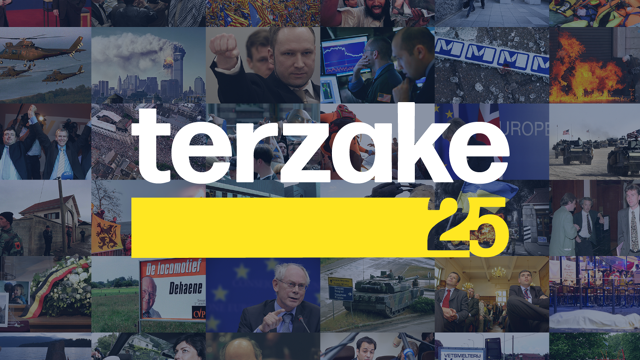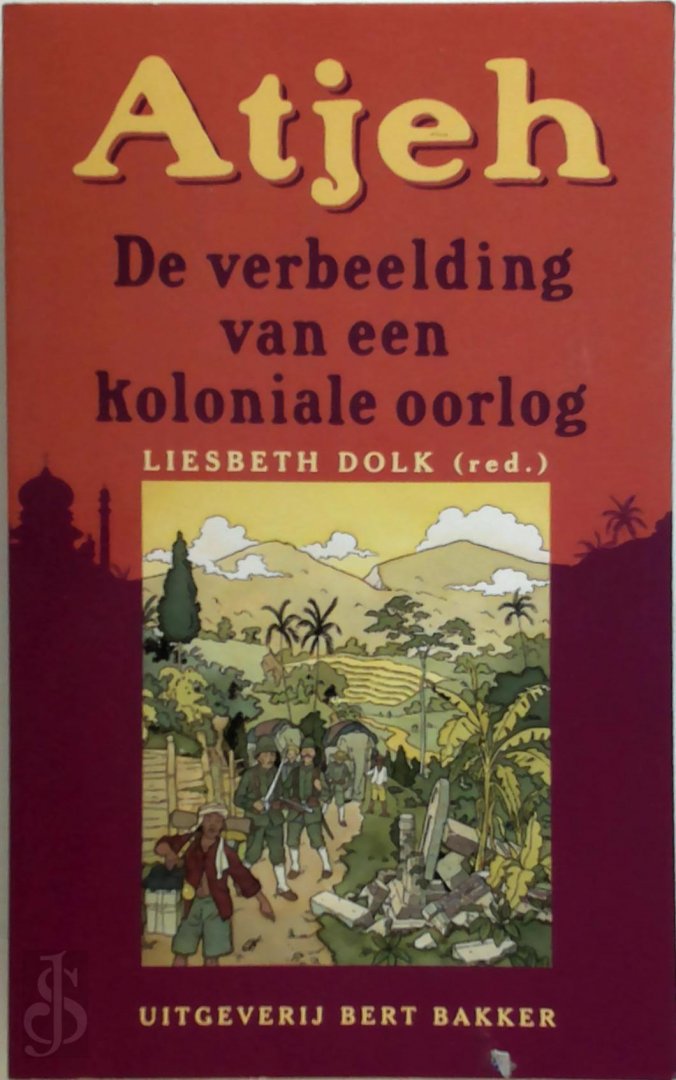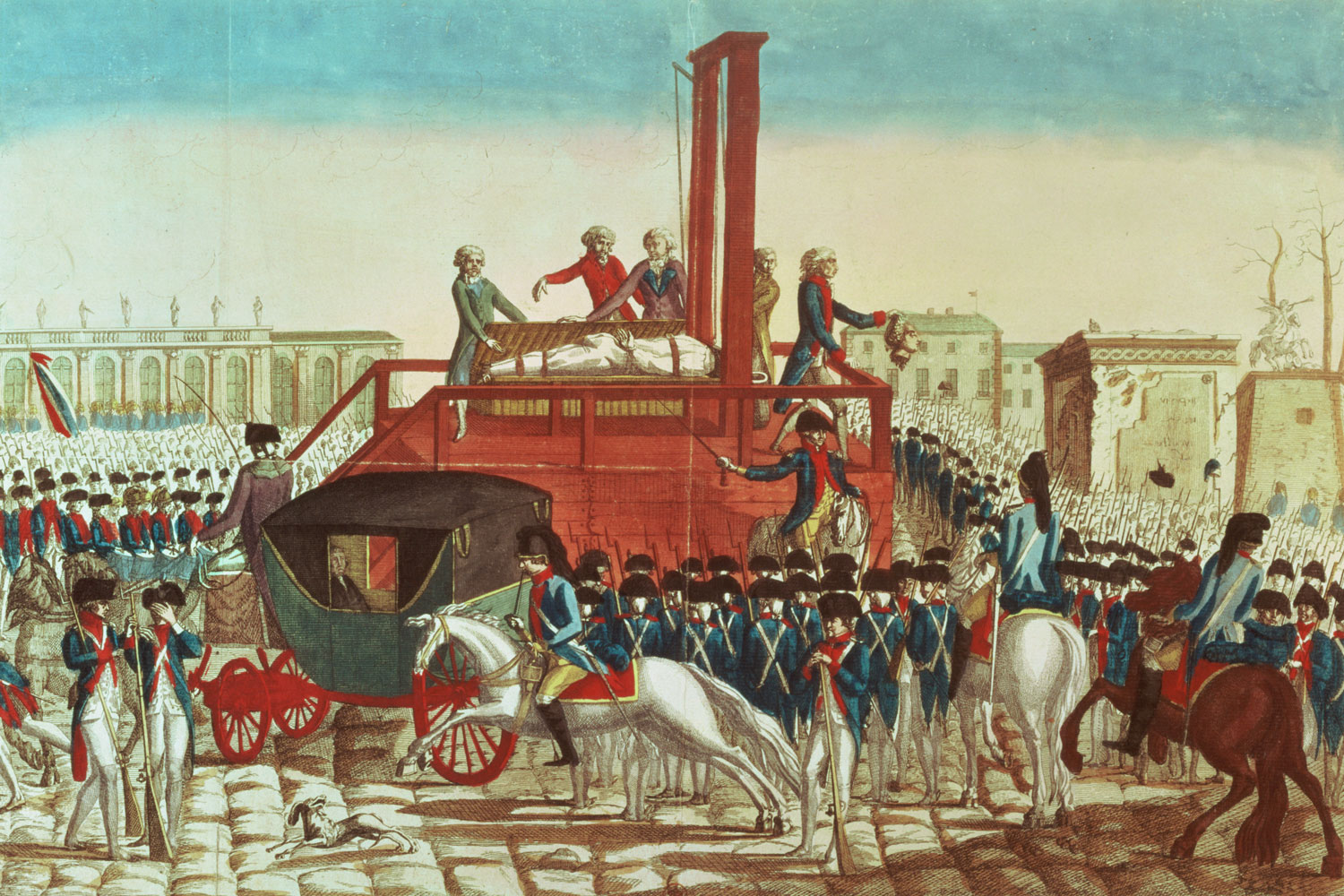

Diplomatic friction mostly settled down in 1920, when the Netherlands became one of the founding members of the League of Nations, showing its willingness to contribute to international stability. After the war, the Netherlands was accused by the Allies of having a pro-German stance, and Belgium demanded Dutch territory to be ceded to them.

As such, the Netherlands was spared of military aggression and destruction, but the war led to a dramatic deterioration of economic and social conditions. This neutral policy was also of interest to the larger powers in Europe and one of the reasons why the Netherlands could retain its neutrality during the First World War. To safeguard its interests as both a trading nation and colonial power, the nation steered a neutral course and stayed out of war with other countries, but was not shy using brutal military force in its colonies, as was shown during the Aceh War (1873-1914).

In 1848, liberal amendments were made to the constitution, limiting the power of the King and starting the process of the Netherlands developing into a liberal state. It was not until 1839 that Belgian independence was accepted by the Dutch government. The Belgian Revolt of 1830 made an end to the unification of the northern and southern parts of the Low Countries. In 1810, the country was integrated into the French Empire.Īfter Napoleon’s defeat at the Battles of Leipzig and Arnhem in 1813, the son of the former stadtholder (a type of Baronial steward) returned and was crowned King of the Netherlands in 1815, this time including the southern Netherlands and the Duchy of Luxembourg.

This position declined in the eighteenth century and culminated in the foundation of the Batavian Republic in 1795, which was a satellite state of Napoleonic France that in turn resulted in the partial British occupation of Dutch overseas territories. Home of the well-known Dutch East India Company (Dutch: Vereenigde Oostindische Compagnie, shortened to VOC), as well as the lesser-known Dutch West India Company (Dutch: West Indische Compagnie, shortened to WIC), which established Dutch colonies in Africa and Asia and in the Americas respectively, the country was a leading economic, political, cultural, and scientific power. With a key strategic position at the head of the Rhine River and with easy access to the North Sea, the country became a major player in international trade that brought great wealth to the nation in the seventeenth century. The Netherlands is situated on a major hub between continental Europe and the rest of the world and has been a hub for sea trade since at least the time of the Romans. Armored vehicles used by The Netherlands until 1945 Tanks


 0 kommentar(er)
0 kommentar(er)
